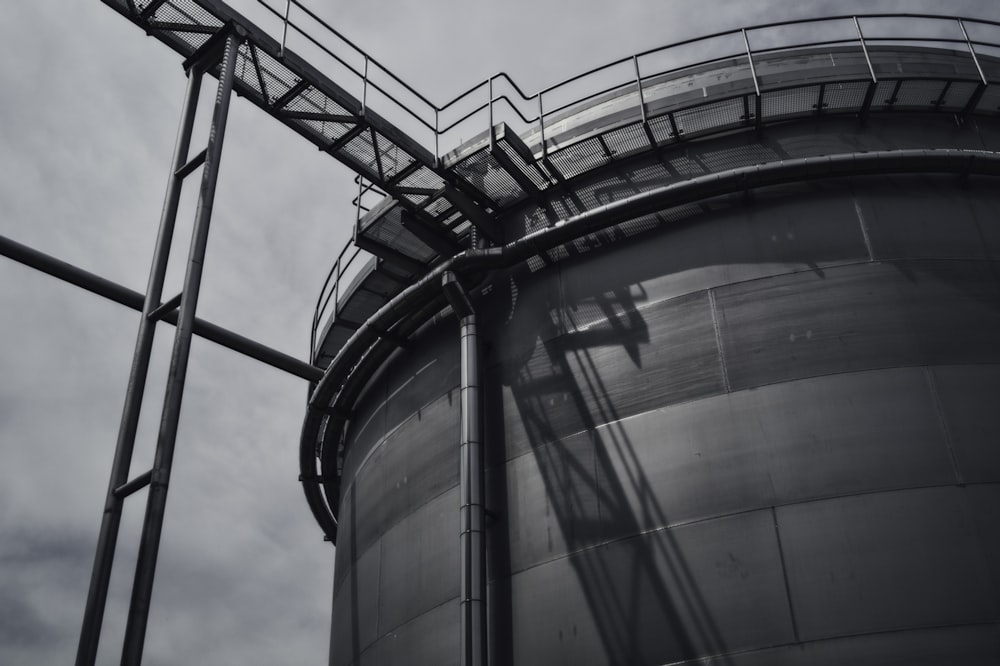
Experience Smart Home Simplicity Wink Hub
Unboxing and Initial Setup: A Breeze
Taking the Wink Hub 2 out of its box was surprisingly straightforward. The device itself is compact and unassuming, easily blending into any home décor. Setting it up was equally painless. The Wink app, available for both iOS and Android, guided me through each step with clear instructions and helpful visuals. Connecting the hub to my Wi-Fi network was quick and trouble-free, and within minutes, I was ready to start adding devices.
Adding Devices: A Surprisingly Seamless Process
I was initially concerned about compatibility issues, as I had a mix of smart devices from various brands. However, Wink’s compatibility proved to be surprisingly extensive. I effortlessly added my Philips Hue lights, a smart thermostat, and even a few quirky gadgets I’d picked up over the years. The app automatically recognized most of my devices, requiring minimal input from my end. For those that weren’t automatically recognized, the app provided detailed instructions to guide the connection process, making it simple for even the tech-challenged among us.
Intuitive App Design and User Experience
The Wink app is where the real magic happens. It’s exceptionally well-designed, with a clean and intuitive interface. Navigating through different devices and settings felt natural and effortless. The dashboard provides a clear overview of all connected devices, allowing you to quickly monitor and control them. The app’s layout is organized and logical, making it easy to find what you need without getting lost in a confusing menu structure. This is a significant advantage over some competitor apps that can be clunky and difficult to navigate.
Creating Scenes and Automations: Effortless Home Control
One of the Wink Hub’s standout features is its ability to create scenes and automations. Setting up a “Good Morning” scene that gradually brightens my lights and adjusts the thermostat was simple. I also created a “Bedtime” scene that turns off all the lights and locks my smart lock. The automation options are impressive, allowing you to trigger actions based on time, location, or even device status. The possibilities for customizing your smart home experience are virtually endless, enabling you to truly personalize your home environment.
Advanced Features and Integrations: Expanding Capabilities
Beyond the basic functionalities, the Wink Hub offers several advanced features. Integration with other popular smart home platforms extends its capabilities even further. I particularly appreciated the ability to integrate my Wink Hub with other services I use regularly, creating a more cohesive and seamless experience. This feature adds a layer of convenience and functionality that elevates the overall user experience, offering a level of customization not often found in similar hubs.
Reliability and Performance: Consistent and Dependable
Over several weeks of using the Wink Hub, I’ve found it to be remarkably reliable and consistent. The connection to my devices has been rock-solid, with no noticeable dropouts or connectivity issues. The app has remained responsive and hasn’t crashed or frozen even when managing a large number of connected devices. This reliability is crucial for a smart home hub,











